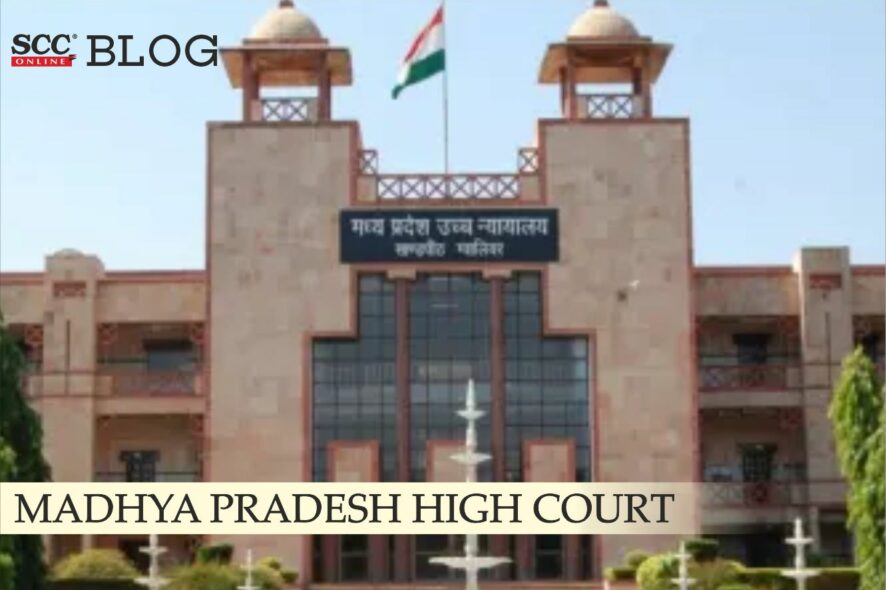Madhya Pradesh High Court: G.S. Ahluwalia, J. dismissed a petition which was filed against the order passed by Twelfth Civil Judge, Class II by which the application filed by the petitioner for conducting DNA test of Hemlata Yadav had been rejected.
Husband of the petitioner had filed a civil suit against the respondents/defendants for partition but during the pendency of this suit, he died. Application for bringing the petitioner as legal representative on record was moved but respondent 2 raised objections stating that Hemlata Yadav should’ve been impleaded as the legal representative as she was the daughter of the Petitioner’s husband. The petitioner then moved an application under Order 26 Rule 10 (A) CPC read with Section 45 of Evidence Act, 1872 on the ground that she had never given birth to any child and accordingly, it was prayed that the DNA test of Hemlata Yadav may be conducted so that it could be ascertained that Hemlata Yadav was not the daughter of her husband.
Counsel for the petitioner submitted that where the question of property is involved and the paternity of the person is also in dispute, then a direction for DNA test may be issued.
The Court put forward judgment of the Supreme Court where it was held that the courts in India cannot order blood test as a matter of course. There must be a strong prima-facie case to the effect that the husband had no access in order to dispel the presumption arising under Section 112 of Evidence Act and the court must carefully examine as to what would be the consequence of ordering the blood test i.e. whether it will have the effect of branding a child as a illegitimate child or mother as an unchaste woman. Banarsi Dass v. Teeku Dutta, (2005) 4 SCC 449
Directions for conducting the DNA test is also violative of privacy of a individual.
The Court further reiterated the Supreme Court judgment of Ashok Kumar v. Raj Gupta, (2022) 1 SCC 20.
The Court dismissed the appeal upholding the order of the Trial Court explaining that it is not the case of the petitioner that Hemlata Yadav was born prior to her marriage with late husband of the petitioner. The presumption as provided under Section 112 of Evidence Act is a rebuttable presumption and the petitioner will get every opportunity to rebut the said presumption in the trial.
[Urmila Singh v. Saudan Singh, 2022 SCC OnLine MP 1823, decided on 26-07-2022]
Advocates who appeared in this case :
Mr P.C. Chandil, Advocate, for the Petitioner;
None for the respondents.
*Suchita Shukla, Editorial Assistant has reported this brief.


